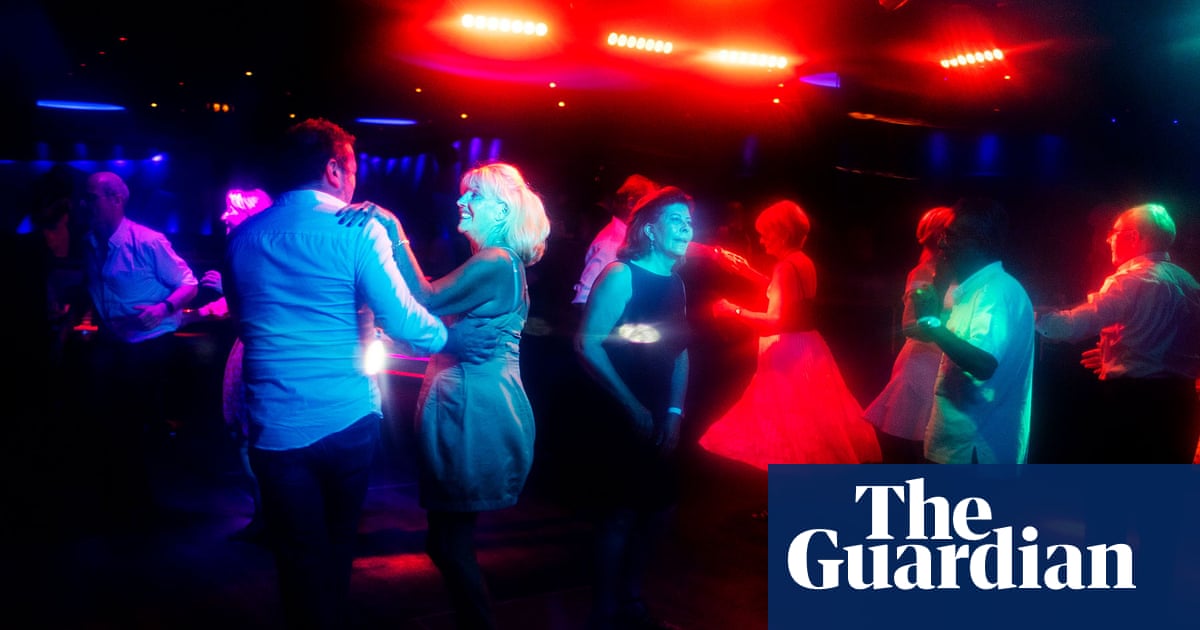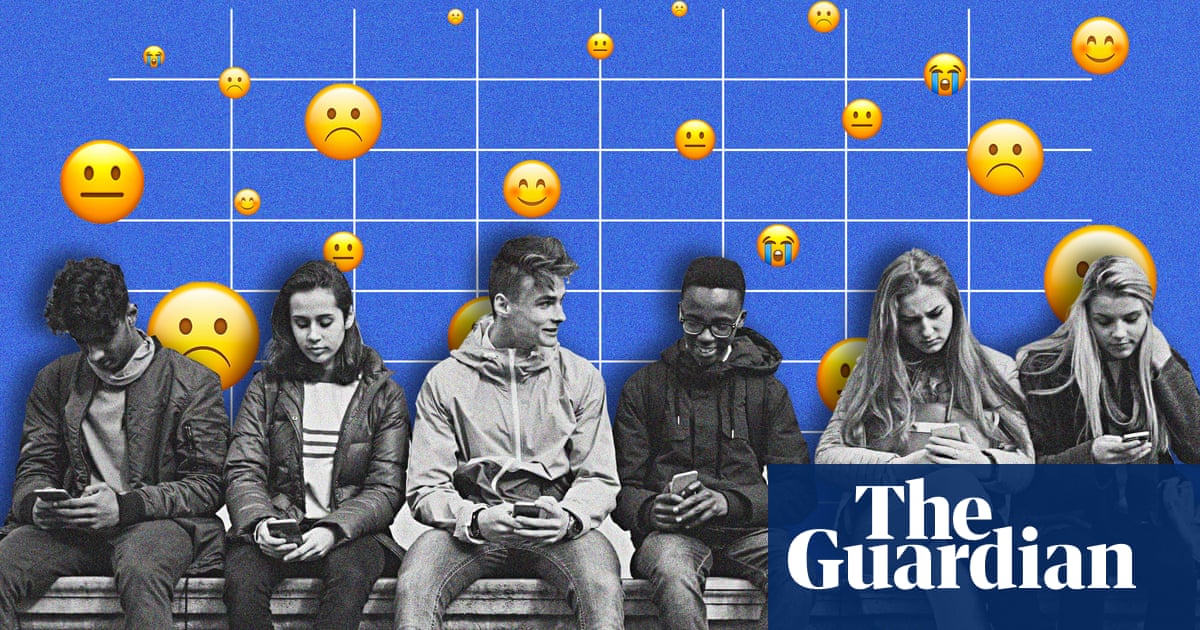
Older TikTok users are using the online platform, regarded as the virtual playground of teenagers, to defy ageist stereotypes of elderly people as technophobic and frail.
Research has found increasing numbers of accounts belonging to users aged 60 and older with millions of followers. Using the platform to showcase their energy and vibrancy, these TikTok elders are rewriting expectations around how older people should behave both on and off social media.
“These TikTok elders have become successful content creators in a powerful counter-cultural phenomenon in which older persons actually contest the stereotypes of old age by embracing or even celebrating their aged status,” said Dr Reuben Ng, the author of the paper Not Too Old for TikTok: How Older Adults are Reframing Ageing, and an assistant professor at Yale University.
Interestingly, said Ng, most TikTok elders are women who “fiercely resist common stereotypes of older women as passive, mild-mannered and weak, instead opting to present themselves as fierce or even foul-mouthed,” he said.
The immense reach that these older TikTok users have means they have the potential to transform negative age stereotypes that proliferate on social media.
“There is considerable evidence that ageist stereotypes preponderate among the young on social media,” said Ng. These prejudices reached an all-time high during the Covid pandemic, during which the deadly virus was labelled a “Boomer remover”.
“The strength of anti-age prejudices means the participation of older adults in social media is vital in ensuring that such ageist ideas are not left unchallenged,” said Ng, whose paper is to be published in the Gerontologist journal.
The paper looked at 1,382 videos posted by TikTok users who were aged 60 or older and had between 100,000 and 5.3 million followers. In total, their videos, all of which explicitly discussed their age, had been viewed more than 3.5bn times.
Ng found that 71% of these videos – including those from accounts such as grandadjoe1933, who has 5.3 million followers, and dolly_broadway, who has 2.4 million followers – were used to defy age stereotypes. A recurring motif was the “glamma”, a portmanteau combining “glamorous” and “grandma”, with videos including those of a 70-year-old woman joyfully parading around the streets in a midriff-bearing top.
Almost one in five of the videos analysed made light of age-related vulnerabilities, and one in 10 called out ageism among both younger people and their own contemporaries. Other videos positioned older users as superior to younger people. “I may be 86 but I can still drink more than you lightweights” says one clip. “I may be 86 but I can still twerk better than you,” says another, showing an octogenarian leaping up from a fall down the stairs with a twerk.
Analysis by the Pew Research Centre has found a remarkable uptake of technology by older Americans during recent years: in 2000, 14% of people aged 65-plus were internet users; in 2019, it was 73%. Only half of adults owned smartphones in 2014, 81% of those aged 60 to 69 have them today.
Emma Twyning, the director of communications at the Centre for Ageing Better said: “We need to see much more diverse portrayals if we are to truly shift attitudes and cast off negative perceptions of growing older. Social media is the perfect platform to do this and to call out ageism more generally.”
Stuart Lewis, the chief executive of Rest Less, said TikTok was the ideal platform for midlife influencers to take to the stage and defy ageist stereotypes. “Creators are encouraged to be original, raw and unedited – making it the ideal soapbox on which to stand if you want a space to debunk stereotypes and be your uncensored self,” he said.
Prof Fiona Gillison, from the Healthy Later Living Network at the University of Bath, who is leading work on challenging stereotypes about ageing, said the study was important. But she added: “There is a balance to be struck in challenging stereotypes about ageing while also accepting that it is OK to want different things from younger people as we grow older, and accepting that our interests and abilities may change.”
Ultimately, she said, people need to “take the stigma out of needing adjustments as we age while also challenging assumptions that can accompany these. For example that having a hearing aid somehow implies that we are ‘fragile’ or ‘infirm’ in other ways.”
The older users showcasing their energy and vibrancy
@grandadjoe1933
The 88-year-old Staffordshire man is TikTok’s wealthiest “granfluencer”, his videos apparently earning him about £134,000 a year. Grandad Joe has won 5.4 million followers and 156.7 million likes for videos including one of him giggling after his youngest granddaughter gives his grown-up daughter “attitude just like she gave me [when she was younger]”.
@grandma_droniak
92-year-old Grandmother Droniak went viral, reaching 4.2 million followers, after laying down rules for her funeral including “Cry, but not too much,” “Bertha isn’t invited” and “Get drunk afterwards”.
@grandmaann2
Grandmaann2 lures viewers to her account with the strapline “I’m old so follow before I die”. Two million people couldn’t resist, and to date they have given her lip-syncs and comedy skits 63.5m likes.
@its_j_dog
Jenny Krupa, 87, has won 2 million followers and 93m likes since a 2019 video accidentally posted by her grandson, Skylar Krupa, titled “Perks of being old” reached 1,000 views in about 15 minutes.
@dolly_broadway
The latest video for her 1 million followers shows 89-year-old Dolores Paolino dressing up in a Marilyn Monroe-type dress and telling Kim Kardashian she looks better in it than her.
Other videos show the grandmother from south Philadelphia wearing sequined jumpsuits and swigging from a bottle on her birthday, and pushing ice-cream cones into her grandchildren’s face.












